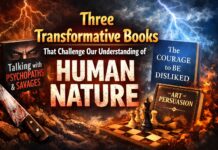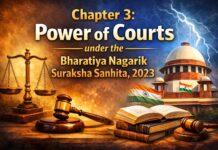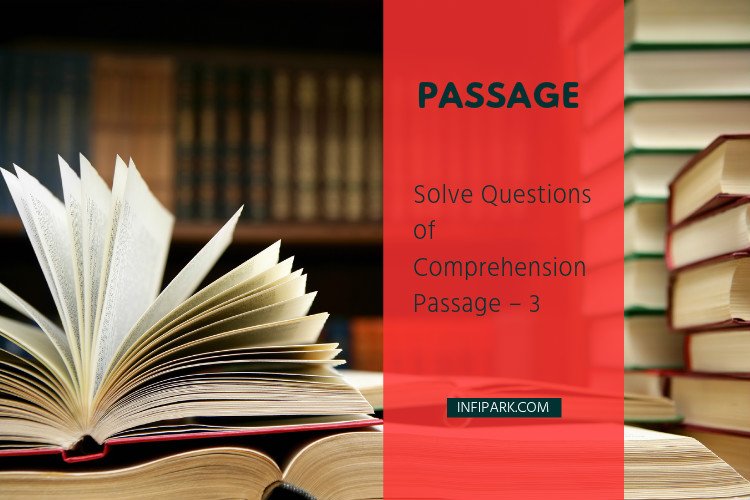Direction : Read the following passage and pick-out the most suitable options that answer the questions that are given at the end of the passage.
What does the screen offer to the story-teller which the novel and the play do not offer ? As a medium, has it any unique advantages ?
It has, in the first place, an arbitrary power over the attention of its audience which no other story-telling medium can exert. It can completely exclude the irrelevant and decide absolutely what is to be seen and heard.
It has an unlimited range of emphasis : an emphasis which can be intolerably crude but which can also be infinitely subtle. It can call attention at any moment to any object, indicate a contrast, or build up an association of ideas. Its power to suggest, rather than to state, is limited, of course, by the degree of suggestibility in the public, but that is a limitation which applies to every medium. At present the Common denominator of suggestibility may be low, because the art is still in its infancy and has to create its own public as it develops. But the unexplored regions in this field are vast and fascinating.
The screen is more natural and lifelike than the stage and it has a greaser freedom of movement in time and space. It is more dramatic than the novel, It can stia:gest, in a few seconds, things which the novciist must take. many pages to describe. It has the apparatus for saying what cannot be said in words. What the novelist is forced to make explicit the film can merely ‘imply.
It can, for instance, show how the same person, the same scene’, can appear quite differently to different people. It can show the world as seen by two lovers, dining together in a popular restaurant—a noble hall, vast, commodious and beautifully decorated, faultless service, exquisite music and themselves, superbly handsome in one another’s eyes, the centre of the scene. The picture carries us from their minds to the mind of a jaundiced old gentleman sitting at the next table.. The camera becomes his eye instead of theirs. And simply by dint of ingenious photography, by a change in angles, shots’and. lighting, by emphasis on other details, the same scene appears quite differently. A shabby, awkward boy and his fat sweetheart are munching a bad dinner in a tawdry, overcroweded room, where the waiters have dirty hands and the band plays out of tune.
It can show how the same scene appears quite differently to one person on different occasions : it can carry us from the mind of childhood to the mind of middle age and show how the vast lake, the mysterious forest and the lofty mountain can shrink in later years to a small duckpond, a copse and a hillock.-
1. Cinema is the most powerful story-telling medium because
(A) it has mass appeal
(B) it is cheaper than buying a novel
(C) it has a powerful hold on the attention of the audience
2. Films have a greater impact on the viewer than plays since
(i) screen is more natural and life like
(ii) affords the director greater freedom of movement in time and space
(iii)it is not dependent on the whims and fancies of temperamental artists
(A) (iii), (i) and (ii)
(B) (i) & (iii)
(C) (ii) & (iii)
(IV)) all of these.
3. The word ‘jaundiced’ in line seven of Sara 3 means.
(A) sick
(B) angry
(C) prejudiced
(D) wild
4. The Screen is a more powerful medium than the novel because
(i) it is more dramatic
(ii) it takes lot of time to write a novel
(iii) it has much greater suggestibility
(iv) it is more enjoyable
(A) (i) & (iii)
(B) (i) & (ii)
(C) (iii) & (iv)
(D) None of these.
5. The passage, forms part of a treatise on cinema written
(A) in recent times
(B) in its early days
(C) for a symposium on art media.
Solutions
1.(C)
2.(A)
3.(C)
4.(A)
5.(C)

















